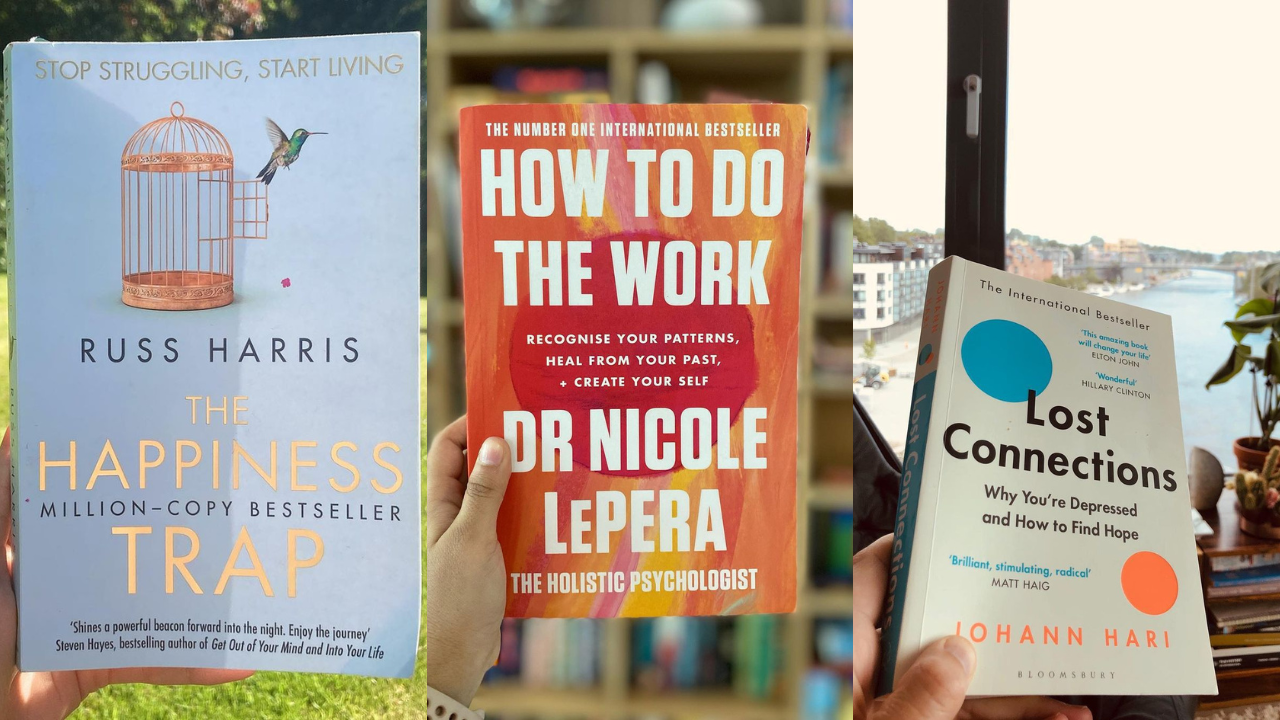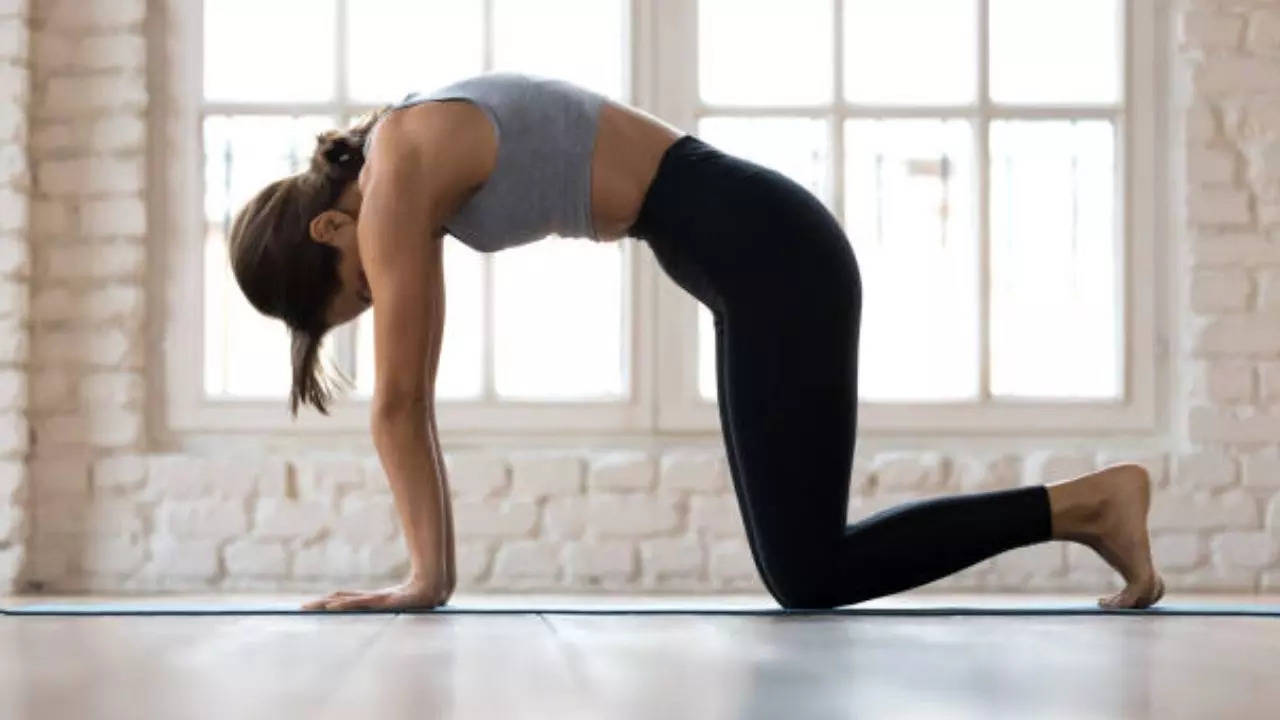Table of Contents

Abhinav Bindra opened up on his mental health struggles after he won the Olympic gold medal in 2008, saying a meditation course helped him find “love for the process” after he was on the verge of quitting shooting.
"When I did win that gold medal at the Olympics, my energy was completely drained in the sense that I was physically, emotionally (and) mentally drained. It also required a period to just let go and then to recharge my batteries and that wasn't easy," he said at an event organized by MPower.
"I decided to go on a vipassana meditation course and it was interesting because I was wanting to actually leave the sport and move on to the next calling. That was my primary drive, to find my new calling."
Related News | 
12 Mental Health Books That Provide Practical Strategies for Emotional Well-Being

Marjaryasana Health Benefits: Know How Cat Stretch Yoga Asana Can Help Relieve Stress
Bindra said meditating for 8-9 hours in silence helped him back to his sport and eventually realize his full potential. "I had to meditate for eight hours a day in complete silence for 10 days and all I did in that course was to think back to my sport and think back to how I loved the process of what I was doing," he said.
Bindra said he was guilty of wavering from his goals since he judged himself on the outcomes of tournaments.
What is Vipassana meditation? Related News | 
National Sports Day 2024: Mental Health Benefits Of Playing Sports
Vipassana is the oldest form of Buddhist meditation practice used to enhance mindfulness and help with mental health. Experts say Vipassana involves observing your thoughts and emotions as they are, without judging or dwelling on them.
However, it is completely different from other types of meditation techniques, like pranayama and visualization.
How does Vipassana benefit your mental health?
Studies say Vipassana has tremendous benefits for boosting your mental health and wellness, and a few of these include:
Relieves stress
Like other techniques, Vipassana helps reduce your mind and body’s response to stress. Research says within six months, most participants who regularly do vipassana report considerably lower stress levels than others.
Alleviates anxiety
Apart from reducing stress, Vipassana meditation also lowers anxiety – one of the main reasons why most people get into depression.
Promotes brain plasticity
According to studies, vipassana meditation helps improve and increase your brain plasticity – its ability to restructure itself when it recognizes the need for change. Experts say through meditation, your brain can improve its functioning and well-being.
Helps treat addiction
To treat addiction, vipassana is among the best methods that help restructure your brain and get you away from getting used to something. Experts say those suffering from substance abuse can benefit a lot from Vipassana – considered an alternative to conventional treatments.
Healthline says it helps improve factors like self-control over habits, decision-making, and response inhibition, all of which are crucial to reducing drug use and maintaining abstinence.
How to do vipassana meditation?
To successfully meditate, you must note the following points:
- Choose a quiet area with little to no distractions
- Sit on the ground with crossed legs, straighten your back, and completely relax your body
- Close your eyes, take deep breaths and focus
- Be mindful of each inhale and exhale while observing your thoughts, feelings, and sensations
- Do not react to anything that you have been thinking
- Aim to do this for at least 5-10 minutes when you first start. As you get used to this practice, work up to 15 minutes or longer of Vipassana meditation.

